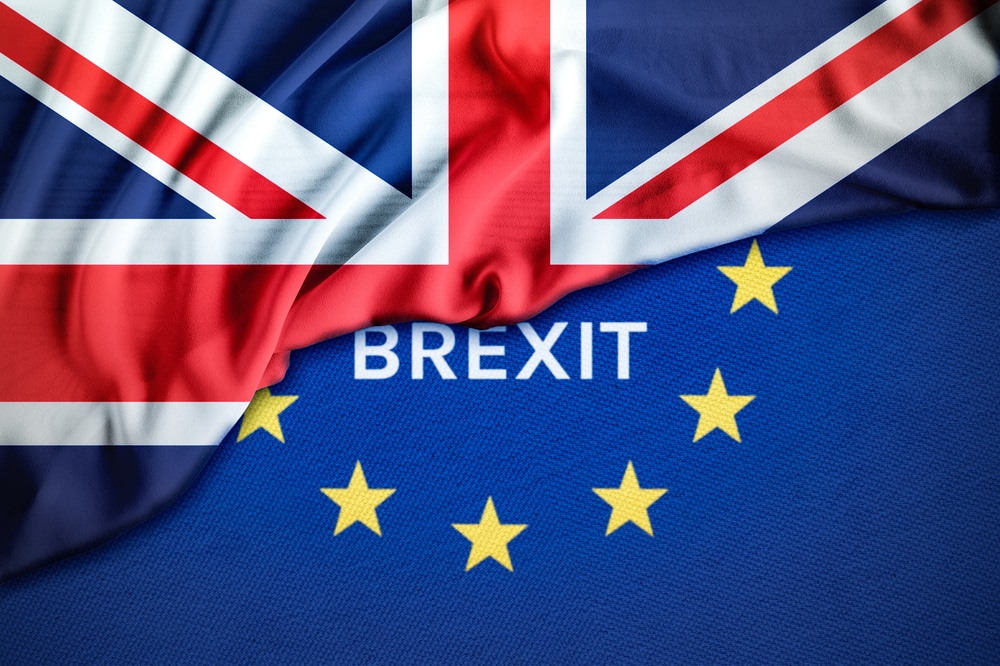
The British pound suffered in the foreign exchange markets on Monday after the European Union and the UK kicked off talks over the future trading relationship between them.
Although the UK has now quit the European Union, the talks between the two sides are set to continue in earnest given that a trade agree for 2021 onwards has not yet been confirmed.
It is believed that a hundred or so British civil servants went to Belgium on Monday to start the talks with the European Commission.
It is understood that one key point of tension revolves around the practice of “dumping”.
This term refers to the practice of a country selling items to other countries for cheaper prices than in the original country – which can in turn threaten profits in the buying market.
The EU is apparently willing to offer the UK some sort of arrangement whereby it could tap into the European labour market if Britain is willing to pledge in return to not “dump”.
As a result of the renewed focus on Brexit, which has long since been an irritant for the foreign exchange markets, the pound was down by two-fifths of a percentage point in its pair with the US dollar.
It was seen at $1.2770 in this pair at one stage.
In its pair with the single European currency, it was seen at its worst point in almost five months.
This point was 87.36 pence.
Over the course of 2020, the pound has gone down by around 3%.
The current fears around Brexit centre in part on a perception among many market watchers that Prime Minister Boris Johnson may choose to play hardball in the negotiations.
In Britain and elsewhere, the coronavirus continues to hit the headlines.
Britain’s central bank, the Bank of England, confirmed that it was working alongside the country’s Treasury – which is equivalent to a finance department in an effort to keep the economy safe.
The US dollar index, which tracks the performance of the greenback in relation to six other currencies from around the world, was down to its worst performance in a month.
This came after expectations that the Federal Reserve central bank would cut interest rates when it next meets – again as a result of the coronavirus outbreak.
The index was spotted down by 0.44% at one point and was seen at 97.453 later.
This was after it reached an even lower stage of 97.296.
One of the major winners in the currency markets was the Japanese yen, which rose by half a percentage point over the course of the day against the greenback.
This is because the yen is largely seen as a “safe haven” currency which rises during times of financial turmoil.
The single European currency continued its strong performance in its dollar pair too and rose by almost an entire percentage point.
This was a welcome positive performance for the currency, which has been hit by concerns over the economic health of one of its major member states – Germany – in recent months.
 Between 74-89% of CFD traders lose
Between 74-89% of CFD traders lose  Your capital is at risk
Your capital is at risk  Your capital is at risk
Your capital is at risk  Your capital is at risk
Your capital is at risk